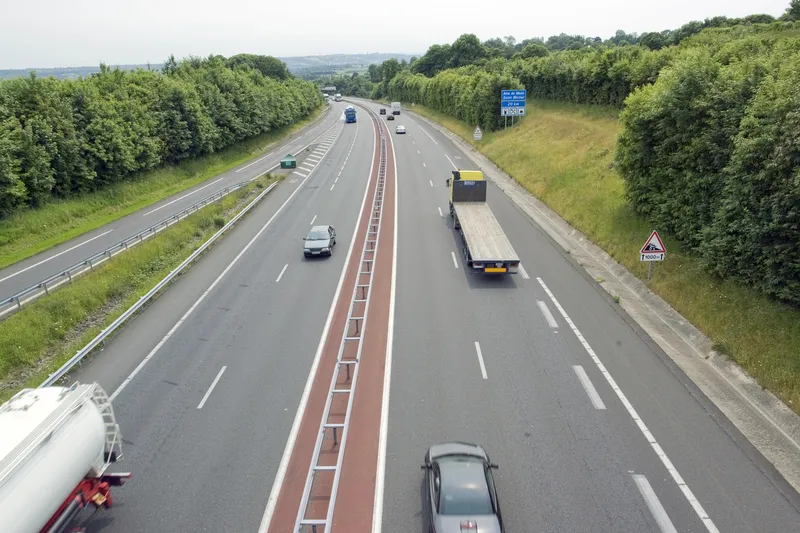The French government has given the go ahead for autonomous vehicle testing on public roads as part of its ‘New Industrial France’ plan to rejuvenate industry in the country. It sees autonomous vehicles as the future of the automotive industry, saying they are an indispensable step towards making mobility, regulation and security of traffic and transport more efficient and more environmentally friendly.
The government also views autonomous cars as a way to improve road safety, saying that the cars sh
August 8, 2016
Read time: 1 min
The French government has given the go ahead for autonomous vehicle testing on public roads as part of its ‘New Industrial France’ plan to rejuvenate industry in the country.
It sees autonomous vehicles as the future of the automotive industry, saying they are an indispensable step towards making mobility, regulation and security of traffic and transport more efficient and more environmentally friendly.
The government also views autonomous cars as a way to improve road safety, saying that the cars should have a better reaction capacity than humans who may be tired intoxicated or distracted.
French automotive manufacturer PSA Group, which controls Peugeot and Citroen, has already participated in a 300km autonomous driving demonstration from Paris to Amsterdam during event set up by the Netherlands for European Union transport ministers.
It sees autonomous vehicles as the future of the automotive industry, saying they are an indispensable step towards making mobility, regulation and security of traffic and transport more efficient and more environmentally friendly.
The government also views autonomous cars as a way to improve road safety, saying that the cars should have a better reaction capacity than humans who may be tired intoxicated or distracted.
French automotive manufacturer PSA Group, which controls Peugeot and Citroen, has already participated in a 300km autonomous driving demonstration from Paris to Amsterdam during event set up by the Netherlands for European Union transport ministers.









